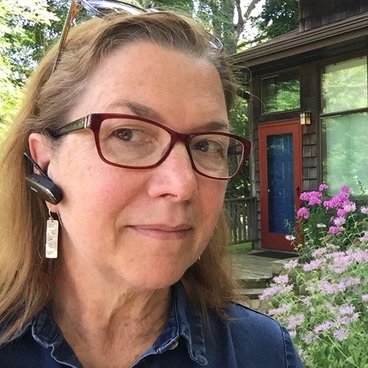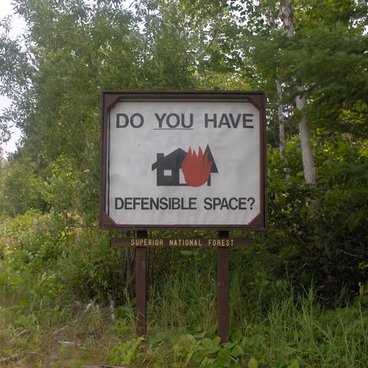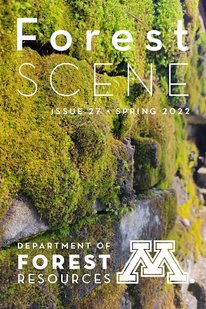
Dr. Kristen C. Nelson’s research begins with a central existential question: If we act does it matter, and if so, in what way? As a social scientist, she cares about people. She examines them on the individual level, how they act as individuals, how they act in small groups, and scaling all the way up to how they act as policy writers at the level of nation states. Her work is highly interdisciplinary. She received the first National Science Foundation grant for an interdisciplinary doctoral dissertation, which was considered strange and groundbreaking at the time; however, that interdisciplinary approach has since become mainstream. “Even in my undergraduate senior thesis, I was combining multiple types of knowledge.”
Kristen begins her research process from a place of inquisitiveness and curiosity. She says, “It all starts with walking around and asking why?” Sometimes she will be thinking about something for years and wonder Why is that happening? Does that Really Matter? before diving into the literature to find what others have written on it. She’ll pick at it, trying to expose holes or gaps in existing knowledge, incomplete thoughts, or new contexts. She is always questioning.
She will consider, for example, how a typical household’s nutrient cycle might work. She’ll look at everything a household does with the carbon, nitrogen, and phosphorus running through its various systems. “We should measure all of those things, and find which of those things really matter when it comes to nutrient cycles in an urban system, up from your yard, from your trees, from your vines.” Then she’ll settle on some more theoretical questions that could help unravel the thread—like what would happen if more people did a certain thing, or what if everyone knew and understood the science behind it. How might the value people place on something influence their willingness to change or take a different approach, whether it’s a lake, backyard, or a forest with some family significance? On issues like wildfire, for instance, she worked on planning and preparedness strategies with counties collaborating with landowners to protect the things they valued in advance of a wildfire event. “It’s not only about fire suppression; preparedness protects the things we value.”

I asked her what she would do if she were to be appointed forestry czar and could change anything about forest ecosystems, which is a question I often pose to people in our forestry community, and her answer truly astounded me. I think it’s illustrative of her approach to problem solving and the interdisciplinary collaboration that is so clearly central to her research.
“I would devolve power for decision making. A czar can’t do anything and knows so little about what’s happening at the level you need to know for forests. I would not just devolve the power, I’d have to devolve the resources and the ability to make changes, too, and then aggregate things back up so they don’t all become tiny failures. There’s tension there. Basically, the job of a czar is to give the resources and power to those that can do, and yet require organization across differences. The tension is between giving the power to those that can and need to be doing and know the most about stuff, at whatever scale that is, but also requiring that we do it together. That’s the hard part.”
One of Kristen’s biggest current projects is the Minneapolis-St. Paul Metropolitan Area (MSP) Long Term Ecological Research Program which brings together dozens of researchers from the University of Minnesota, University of St. Thomas, USDA Forest Service, The Nature Conservancy, and Water Bar to study how urban stressors affect the ecological structure and functioning of urban nature, including for pollinators, the urban forest, urban watersheds, and lakes and streams.
“We are now officially at our one-year stage. We’ve gathered 45 scientists from multiple departments and multiple universities here to study urban ecological and social systems and how they affect urban nature. My particular interest is looking at governance, the laws and ordinances cities have, and how they influence business and non-governmental organizations and even what individuals are doing with their yards.”
Kristen can feel frustrated by the vagueness of measurement, especially quantitative methods, in which a narrative must be created afterwards and applied to the data, as opposed to using an intrinsically narrative qualitative method. A great day on a research project involves working with people and coming together with students and professional colleagues alike to contribute to problem solving for something they really care about doing together to address biodiversity, water pollution, climate change, or equity. The best day on a project, in her opinion, is when the first data comes in and the team gets to have that wow moment of discovery together.
The Forest Scene newsletter is published biannually in the spring and fall, featuring stories and updates from the Department of Forest Resources. Readers can download issue 27 of Forest Scene as an interactive PDF that is fully tagged and compatible with most screen readers, or read the individual stories here in a web-based format.

